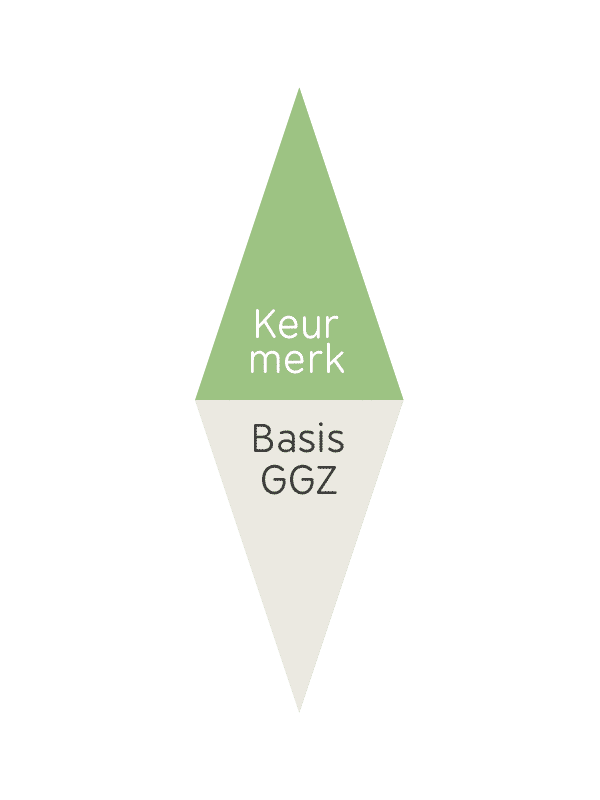General practitioner / referrer
Only with your consent we (the psychologists) are allowed to provide information to the GP/referrer or possibly to a practitioner to whom you are referred. For example, it may concern information about referral or a report. This concerns relevant data from your file.
Every time information is actually shared, you will be asked for permission again, so that you know which information is shared for which purpose and with whom. If you give your consent or objection to giving information to the GP/referrer or possibly to a treatment provider to whom you are referred, a note will be placed in your file. The information will not be provided in case of an objection.
Retention Period of your file
Once your treatment has been completed, your file will be kept for at least 20 years. If you want your file to be destroyed, the retention period may be shorter (see below under “Your rights”)
Your rights
As a client, you have a number of rights under the law regarding the data recorded about you in your file. Your legal representative (parent, guardian or mentor) or a person authorized by you in writing can also invoke these rights on your behalf. There is an exception to this: if exercising these rights would harm your interests in the opinion of your practitioner, your practitioner does not have to comply.
You have the right to access your file and you can request a copy; your practitioner will respond to your request within one month. You are entitled to one free copy. A reasonable fee may be charged for a second copy based on the administrative costs. If you have requested a digital copy, your practitioner may also provide you with a digital copy of your file. If data from others, such as your partner or child, are recorded in the same file, this will affect your right of access (unless you have provided this data yourself). Your practitioner will inform you of this in that case.
- Right to correction or addition
If you believe that certain data in your file is incorrect, you can ask your practitioner to change, correct or supplement it. This only concerns factual inaccuracies; changing or correcting the professional judgement of your practitioner is not possible. However, your practitioner can, if you wish, include an additional statement with your own view in the file. If you believe that the recorded data was not relevant at that time, but you still want to keep it, you can request that it be shielded from employees. Your practitioner will respond to your request within one month.
You can request in writing to have (part of) your data from your treatment file destroyed. We will then respond to your request within one month. If it proves impossible to comply with your request within that period, your practitioner will let you know. In that case, a two-month extension is possible.
The above only applies to the data from the treatment file. For your data in our administration (including invoice, care request type), Praktijk voor Psychologie must retain this for a longer period due to tax legislation and checks by health insurers.
In a number of cases, your practitioner may refuse to comply with your request on the basis of the law; your practitioner will then explain why.












